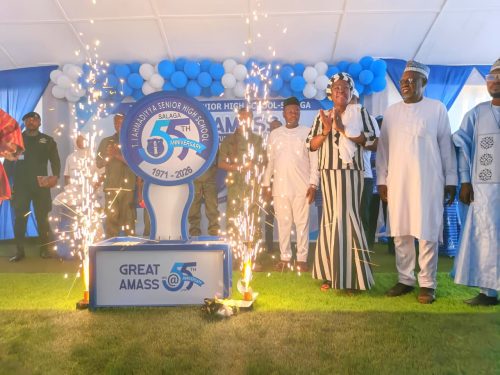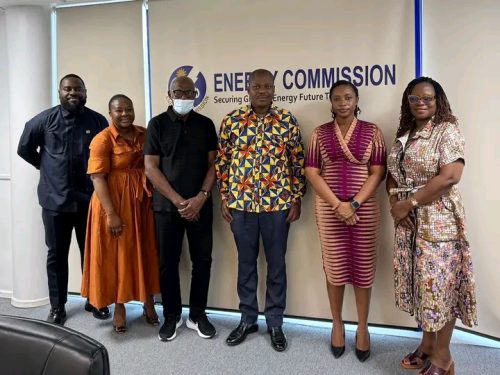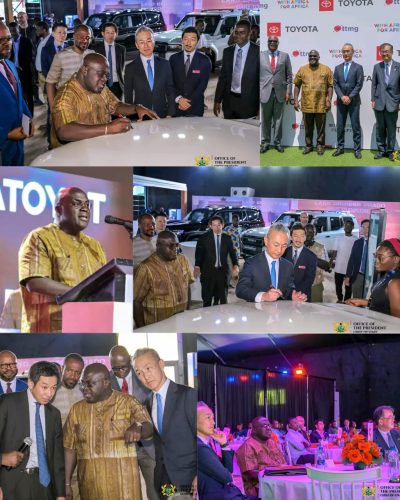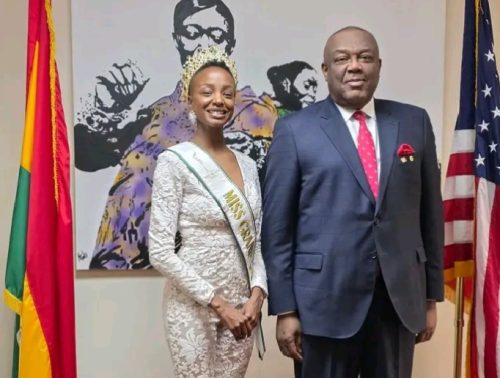

RE-INTRODUCTION OF ROAD TOLLS: SETTING THE RECORD STRAIGHT
Few days ago, President John Mahama announced plans to reintroduce road tolls through a digital system; and it was portrayed as a new, forward-thinking initiative aligned with Ghana’s digital transformation. While we acknowledge his recognition of the importance of digitizing the economy, a process championed by the NPP administration, it is essential to set the record straight.


The fact remains that the groundwork for a digital road tolling system was laid by the NPP government well before President Mahama’ assumed office in January this year.

In 2021, the NPP administration made the bold decision to suspend manual toll collection. This move was driven by four key considerations:
1. Low revenue yield – Traditional toll booths generated only about GH¢70 million annually, a relatively insignificant amount in the broader fiscal framework.
2. Severe congestion – Toll booths contributed to traffic bottlenecks and increased CO₂ emissions, negatively impacting the environment.
3. High vehicle operating costs – Delays at booths led to higher fuel consumption and faster wear on vehicles.
4. Revenue leakages – The manual system was fraught with inefficiencies and prone to human interference.

In response, the NPP government, building on the solid digital infrastructure (Ghana Card and Digital Address System) it had put in place, pursued a modern, technology-driven solution. In 2024, Cabinet granted approval for the reintroduction of road tolls through a digital collection system, following a formal request by the then Minister for Roads and Highways. This policy shift was publicly confirmed in the 2024 Mid-Year Budget Review by the Minister for Finance.


To ensure efficient execution and minimize bureaucratic inefficiencies, the Ministry adopted a Public-Private Partnership (PPP) model under the Public-Private Partnership Act, 2020 (Act 1039). The approach was through an unsolicited proposal, which underwent a process including:
• Initial Business Case development
• Comprehensive Feasibility Assessment
• Sector-wide evaluation and competitive procurement procedures
This rigorous process led to the selection of an indigenous Ghanaian company as the concessionaire. A detailed Concessions Agreement was prepared and submitted to the 8th Parliament for approval. Regrettably, due to time constraints at the close of that parliamentary term, the agreement could not be finalized.
Rather than continuing this well-advanced process, the new administration chose to truncate it. The current Minister has since announced plans to reopen the process to other entities. While we respect every administration’s right to choose its procurement approach, and recognizing the fact that every procurement method has its merits and limitations, we strongly object to any attempt to claim credit for an initiative that was already in motion.
Let the record reflect this clearly: the digitization of road toll collection was conceived, structured, and set in motion by the NPP government. What is needed now is continuity—not revisionist claims or political repackaging.
Ghanaians deserve leadership that builds on progress, not one that repurposes the work of others as their own.

Enock Akonnor is an experienced Ghanaian journalist, based in Kumasi and currently serves as the CEO and Managing Editor of www.leakyghana.com.
With a wealth of expertise built over many years in the media industry, he has earned a solid reputation as one of Ghana’s most sought-after journalists.
Contact:
📞 +233 541 921 562
✉️ enockakonnor2013@gmail.com











